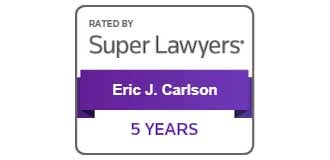Companies usually execute employment contracts with their workers when they first hire them, although they may expand those contracts or change them and expect their workers to sign again in the future. Employment contracts outline the business’ responsibilities to the worker and the obligations of the employee to the company. When those terms change, the contract may need to change too.
An employment contract, just like any other contract, should be balanced and fair. That means that each party should receive some kind of valuable consideration for the concessions they make in the contract. When you initially hire a worker, that valuable consideration will obviously be the new job they receive.
What other forms of valuable consideration can you offer your workers in exchange for signing a non-compete agreement?
Promotions and compensation are common choices
You probably don’t need every cashier or entry-level worker at your employee to sign a non-disclosure or non-compete agreement. However, those who work in creative, managerial or executive roles may have access to information that you need to keep private to protect the company.
When you promote workers from within, you can potentially have them sign a new contract with the company or expand an existing contract as part of the agreement for their promotion. For those whose position with your company likely won’t change, you may have to offer something else.
Some companies will offer a one-time, single extra day of paid time off for those who willingly sign additions to their work contracts. Any form of compensation, including a one-time bonus or company stock, could be adequate valuable consideration for the employee signing the contract.
Why valuable consideration is so important
One of the quickest ways to get the courts to throw out a contract is to demonstrate that the terms of the agreement are ultimately unconscionable, likely because they only benefit one of the two parties to the contract. If a worker doesn’t receive anything for making concessions to their employer, the courts may not consider the contract valid and therefore won’t enforce it.
Offering your workers something of value in consideration of them signing a new contract with your company will make it easier for you to enforce that contract later if you need to.
















